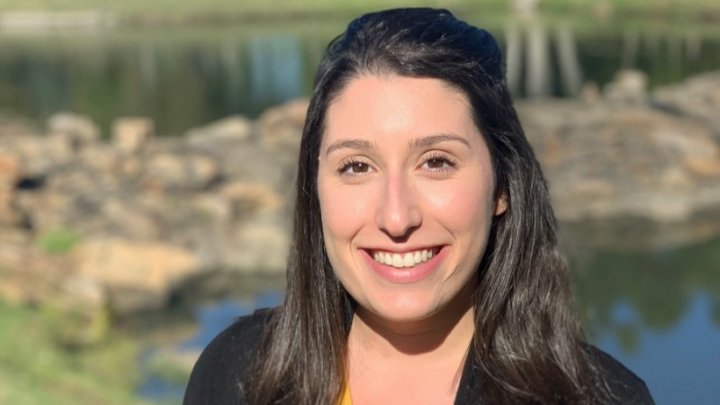Students Deserve Paid Internships

Although internships are intended to teach skills necessary for practice, they also increase the cost of education, present barriers to education for non-traditional students, and can be exploitative. In a sector challenged by workforce shortages, mental health struggles, and lack of diversity, it is critical to look at the role that unpaid and underpaid work requirements play in contributing to these issues.
When Sarah and I wrote this opinion piece for the San Diego Union-Tribune, the movement to end unpaid internships in social work was just beginning. Students at the University of Michigan had recently launched the Payment for Placements (P4P) campaign with a viral petition, calling on their school administration to identify funding solutions to address the issue of students experiencing poverty and food insecurity while interning 16-20 hours a week. Their efforts caught the attention of students around the country and launched a robust nationwide campaign that has since sprouted chapters at 40 universities across 22 states.
Nevertheless, the issue of unpaid and unpaid internships is neither new nor unique to social work. While the P4P movement focuses on the 900 hours of field education required in graduate social work programs, unpaid, or underpaid, internship requirements are common throughout the health and human services field. Nurses, teachers, and, indeed, public health graduate students are required to complete hundreds of hours of fieldwork to earn their degrees. Even medical residents are protesting low wages and poor working conditions, highlighting similar issues such as burnout, poverty, and student loan debt.
Since its beginning in early 2022, P4P’s work to articulate the problem and map it onto intersecting issues such as the behavioral health workforce shortage, racial inequity in higher education, and the student debt crisis, has garnered significant national attention. Last summer, SDSU’s own Denice Brambila was featured in an article published by the Associated Press about unpaid internships, and more recently, Teen Vogue featured two of our national student leaders in a story about unpaid internships in social work, nursing, and teaching. In an exciting milestone, Sen. Bernie Sanders even tweeted in support of the movement! In addition to this great achievement, legislators in multiple states have advanced, and in some cases passed, legislation to fund social work students working towards their degrees, including SB 11 here in California, which is currently working its way through the legislature. School administrators have also found creative ways to ease the financial burden on students, for example, by launching donor-supported funds and reducing their internship hour requirement.
Despite the progress that has been made, there is much more that needs to be done. Surveys conducted by SDSU’s P4P chapter and from P4P chapters across the country, paint an alarming picture of students struggling to get by. According to our SDSU Needs Assessment Survey conducted this past winter, the vast majority of SDSU social work students are not compensated for their internships, making it difficult for them to care for themselves and meet their basic needs. In fact, 70% of SDSU social work students reported that they regularly experience stress about their ability to pay for monthly expenses, and 69% reported that participating in an unpaid internship has had a negative impact on their mental health.
Students are working hard to advocate for our needs and address this major inequity affecting our field; however, we cannot fix this issue on our own. All stakeholders, including universities, internship sites, funders, and government, have a role to play in addressing this issue, and it is my sincere hope that they join students in creating a more just, equitable, and humane education system.
I am excited to be graduating this year and moving forward with my career in social work and public health, and can leave confident that student leaders both here at SDSU and nationwide will continue to fight for paid internships. I’m proud of what we have achieved and look forward to the day when all community members who aspire to work in health and human services can access higher education without experiencing financial strife. This is what social work (and public health!) looks like.

